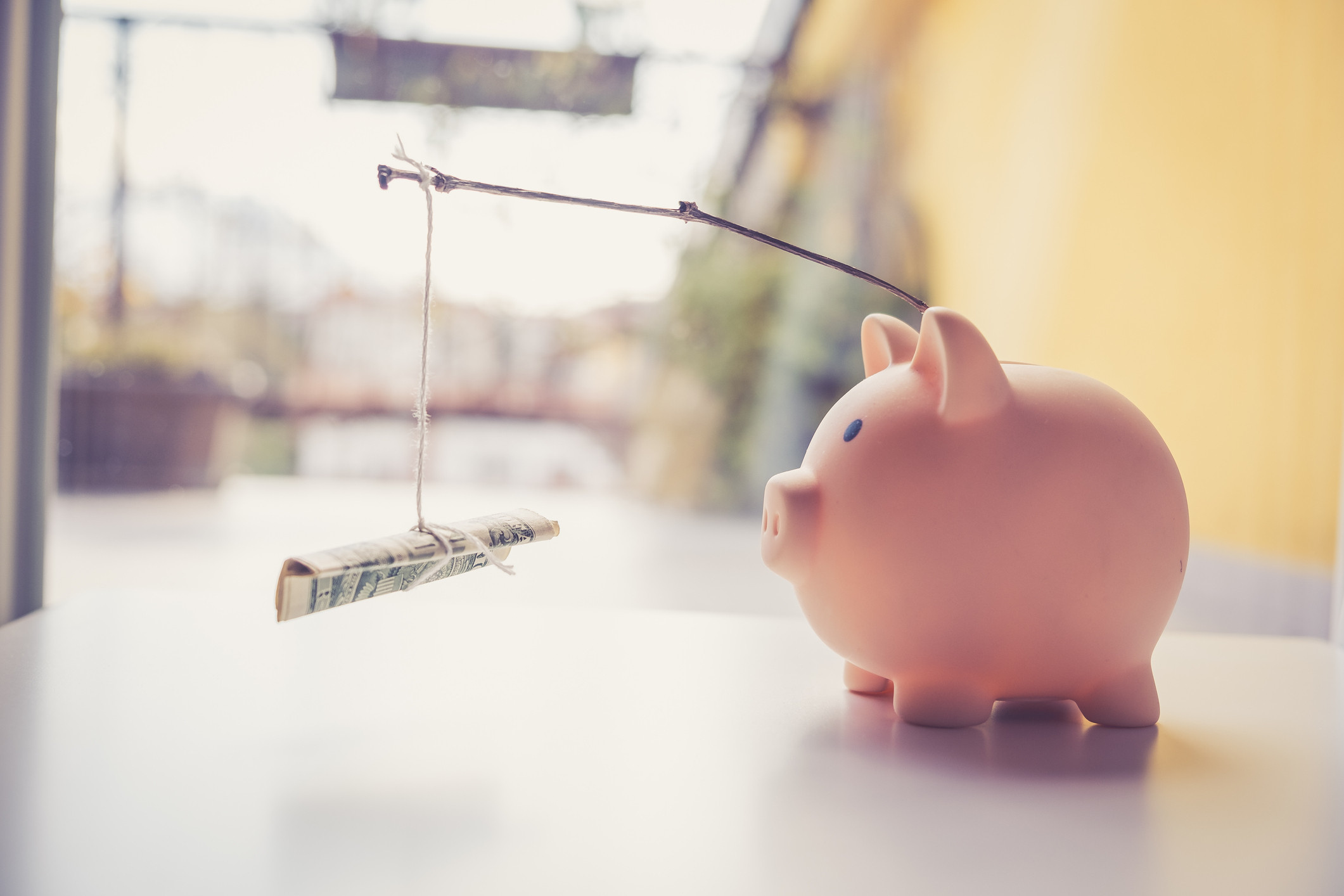SaaS founder salaries, break-even neobanks, Google Search tips – ProWellTech
Usually, a teacher who grades students on a curve is boosting the efforts of those who didn’t perform well on the test. In the case of cloud companies, however, it’s the other way around.
As of Q1 2021, startups in this sector have median Series A rounds around $8 million, reports PitchBook. With $100+ million Series D rounds becoming more common, company valuations are regularly boosted into the billions.
Andy Stinnes, a general partner at Cloud Apps Capital Partners, says founders who are between angel and Series A should seek out investors who are satisfied with $200,000 to $500,000 in ARR.
Full Extra Crunch articles are only available to members.
Use discount code ECFriday to save 20% off a one- or two-year subscription.
Usually a specialist firm, these VCs are open to betting on startups that haven’t yet found product-market fit.
“At this phase of development, you need a committed partner who has both the time and the experience to guide you,” says Stinnes.
These observations aren’t just for active investors: This post is also a framework for new and seasoned founders who are getting ready to knock on doors and ask strangers for money.
Thanks very much for reading Extra Crunch this week!
Walter Thompson
Senior Editor, ProWellTech
@yourprotagonist
Maybe neobanks will break even after all

Image Credits: Nigel Sussman (opens in a new window)
Alex returned from a week of vacation with a dispatch about the profitability of neobanks Revolut, Chime and Monzo.
“In short, while American consumer fintech Chime has disclosed positive EBITDA — an adjusted profitability metric — many neobanks that we’ve seen numbers from have demonstrated a stark inability to paint a path to profitability,” he writes.
“That could be changing.”
How to land the top spot in Google Search with featured snippets in 2021

Image Credits: IngaNielsen / Getty Images
“Google search is not what it used to be,” Ryan Sammy, the director of strategy at growth-marketing agency Fractl, writes in a guest post. “We all want to be No. 1 on the search results page, but these days, getting to that position isn’t enough. It might be worth your while to instead go after the top featured snippet position.”
Sammy writes that earning the featured snippet spot is “one of the best things you can do for your SEO.” But how do you land your page in the coveted snippet perch?
What does Red Hat’s sale to IBM tell us about Couchbase’s valuation?

Image Credits:Getty Images
After noSQL provider Couchbase filed to go public, joining the ranks of the Great IPO Rush of 2021, Alex Wilhelm looked into its business model and financial performance, with a goal of better understanding the company — and market comps.
Alex used Red Hat, which recently sold to IBM for around $34 billion, as a comp, determining Couchbase “is worth around $900 million” if you use the Red Hat math.
“The Red Hat-Couchbase comparison is not perfect; 2019 is ages ago in technology time, the database company is smaller and other differences exist between the two companies,” Alex notes. “But Red Hat does allow us the confidence to state that Couchbase will be able to best its final private valuation in its public debut.”
How much to pay yourself as a SaaS founder

Image Credits: AlenaPaulus (opens in a new window) / Getty Images
Anna Heim interviewed SaaS entrepreneurs and investors to find out how much early-stage founders should pay themselves.
Startups run by CEOs who take home a small salary tend to do better over the long run, but there are other points to consider, such as geography, marital status, and frankly, what quality of life you desire.
Waterly founder Chris Sosnowski raised his own pay to $14/hour last year; at his prior job, his salary topped $100,000.
“We had saved money up for over a year before we cut out my pay,” he told Anna. “I can live my life without entertainment … so that’s what we did for 2020.”
How much are you willing to sacrifice?
The early-stage venture capital market is weird and chaotic

Image Credits: Nigel Sussman (opens in a new window)
Alex Wilhelm and Anna Heim had been hearing that Series A raises were coming later, while Series Bs were coming in quick succession after startups landed an A.
That piqued their curiosity, so they put feelers out to a bunch of investors to understand what’s going on in early-stage venture capital markets.
In the first of a two-part series, Alex and Anna examine why seed stage is so chaotic, why As are slow, and why Bs are fast. In their first dispatch, they looked at the U.S. market.






